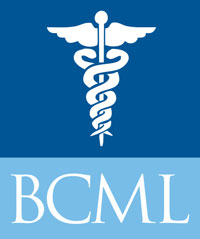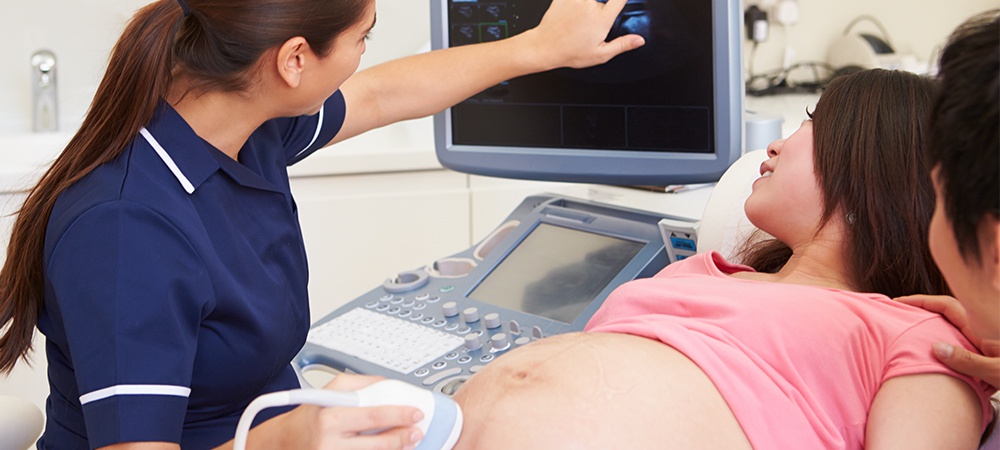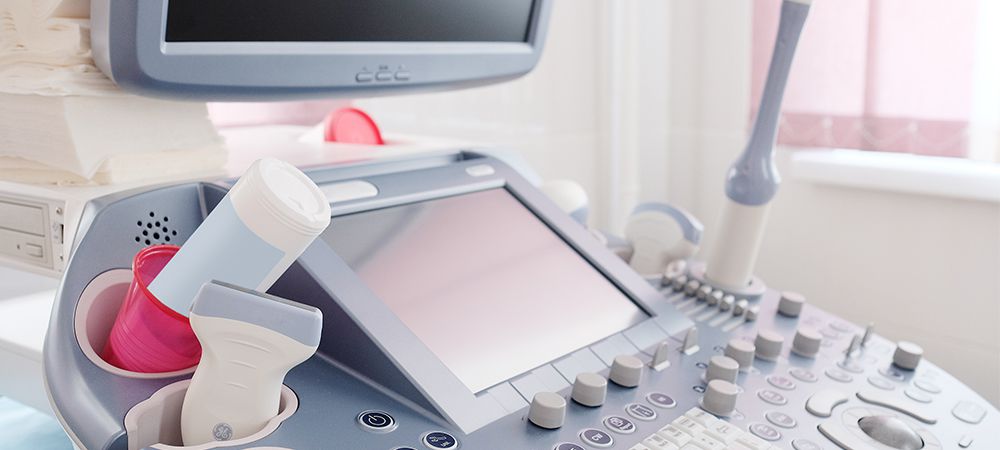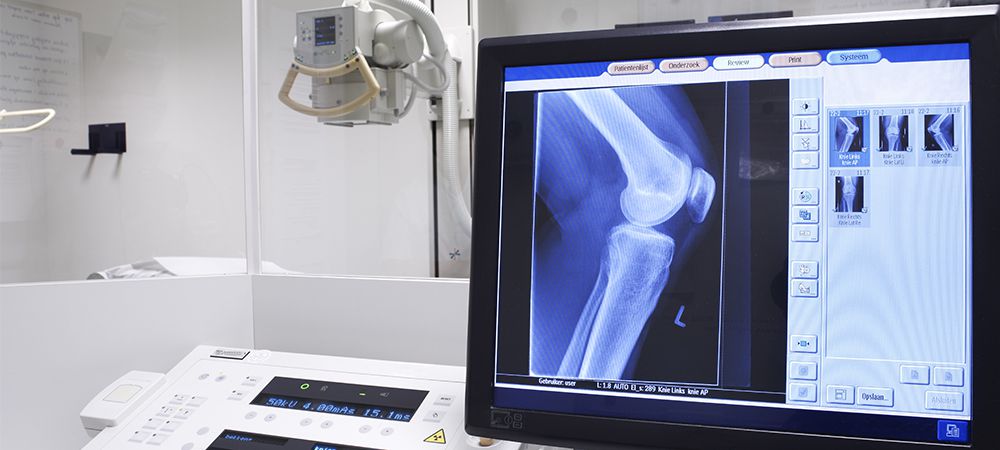Preparing for an ultrasound can be overwhelming, especially if you don’t know what to expect.
With this blog, we’ll walk through everything from pre-exam preparation tips to a step-by-step guide on the day of your exam. This way, you can ensure accurate results from your ultrasound.
By following our advice and instructions, you will provide medical staff with the reliable information they need to diagnose any issues or concerns properly. So read on to learn more about preparing correctly for your upcoming ultrasound!
The purpose of ultrasound and why it’s important
Ultrasound is a diagnostic imaging test that uses sound waves to produce images of organs and structures inside the body. It’s a painless, non-invasive, and safe procedure that allows doctors to view the inside of the body without making any incisions.
This imaging test is commonly used to monitor fetal development during pregnancy, diagnose and monitor conditions such as cancer, heart disease, and kidney disease. Ultrasound imaging can also be useful for guiding medical procedures such as biopsies and surgeries.
Ultrasound is an important tool in modern medicine as it enables early detection and diagnosis of various medical conditions, allowing for more timely and effective treatment.
What to expect during an ultrasound exam
Feeling anxious about what to expect is natural if you’ve never had an ultrasound exam. The good news is that there’s nothing to worry about — an ultrasound is a painless and non-invasive procedure that gives your healthcare provider a closer look at what’s happening inside your body.
- During the ultrasound exam, you’ll lie on a table while a technician applies a special gel to your skin. This gel helps transmit sound waves from the ultrasound machine to your body, which bounces back to create images your healthcare provider can interpret.
- The technician will move a wand — called a transducer — over the examined area, capturing different views that can be studied in detail.
- You may be asked to change positions or hold your breath at certain points during the exam to get better images.
The exam typically takes less than 30 minutes, and you can go about your day as usual afterwards.
Pre-appointment tips for ultrasound imaging – fasting, clothing & more
Before going in for an ultrasound test, remember these important pre-appointment tips.
- Firstly, it’s highly recommended to fast before the appointment if your doctor has asked you to do so. This means not eating or drinking anything, except water, for a certain amount of time before the appointment.
- Additionally, wear comfortable clothing that allows easy movement during the procedures. It is also a good idea to bring along any necessary paperwork, medical records, and a list of current medications you are taking.
- If you’re getting a pelvic ultrasound, you may be asked to drink water before the exam to fill your bladder, which can cause discomfort or the urge to urinate.
- Bring a book or music to distract yourself during the exam and ask the technician to explain what they are doing and what to expect.
By following these pre-appointment tips, you can ensure that your visit goes smoothly and that you are fully prepared for any tests or procedures that may be required.
Related Article: How Do I Find a Good Family Doctor in Toronto?
How to get the most accurate results from your ultrasound?
When it comes to getting accurate results from your ultrasound, there are a few key things to keep in mind.
- First and foremost, it’s important to choose a reputable ultrasound technician or facility. Look for recommendations from trusted sources or ask your doctor for referrals.
- Communicate any relevant health information or concerns with the technician during the ultrasound. Providing them with as much information as possible can help ensure they capture the best images and data.
- Additionally, following any preparation instructions provided by the technician or doctor, such as drinking water or abstaining from food, can improve the accuracy of the results.
- Finally, it’s important to follow up with your doctor to review the results and ask any questions you may have.
With these tips in mind, you can maximize the accuracy and usefulness of your ultrasound.
Post-appointment tips for an ultrasound – follow-up care & advice
By following these post-appointment tips, you can help ensure proper follow-up care and stay on top of your overall health and well-being.
- Follow any instructions given by your healthcare provider or the ultrasound technician. They may have specific recommendations based on the results or the reason for the test.
- Drink plenty of water to help flush out any contrast material used during the exam and to help keep you hydrated.
- Take it easy for the rest of the day, especially if you had an invasive ultrasound exam such as a transvaginal or transrectal ultrasound. You may experience some mild discomfort or spotting, which is normal.
- If you experience any unusual symptoms or side effects after the exam, such as fever, severe pain, or excessive bleeding, contact your healthcare provider right away.
- Follow a healthy diet and exercise routine, as recommended by your healthcare provider. Maintaining a healthy lifestyle can prevent many health problems and may reduce the need for future ultrasound exams.
- Keep any follow-up appointments scheduled with your healthcare provider or the imaging center. They may want to review the exam results with you in person or schedule additional testing if needed.
Related Article: Finding a Walk-In Clinic in Toronto: A Guide to Convenient and Affordable Healthcare
Final Thoughts
Ultrasound exams can be an invaluable tool in diagnosing and managing many medical conditions.
And you can ensure accurate ultrasound results by following pre-appointment tips like fasting beforehand, wearing comfortable clothing, and drinking plenty of fluids. It’s best practice to ensure you’re as still as possible and avoid eating or drinking during the exam.
Here at Lockwood Clinic, we can guarantee accurate ultrasound results thanks to the advanced imaging technology we use. During the exam, an experienced technician will also walk you through what to expect, give you step-by-step guidance and gauge your responses throughout the procedure.
Lastly, remember aftercare post-appointment tips, such as calling your doctor with any questions or concerns about the results. By following these steps, you can ensure an accurate and timely diagnosis for any medical condition that may arise.






